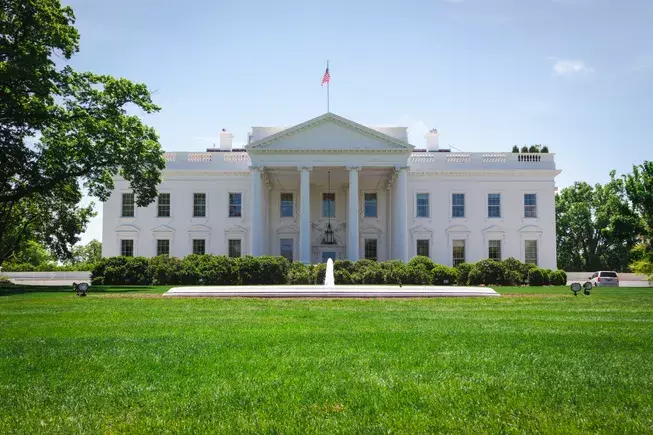In a striking reversal of escalating tensions, the U.S. government has recently signaled a willingness to reduce tariffs on Chinese imports. This noteworthy development provides a glimmer of hope to global markets that have been reeling under the pressures of a protracted trade war between two of the world’s largest economies. The potential easing of trade friction not only brings immediate economic relief but may pave the way for more constructive diplomatic engagement, particularly concerning high-stakes negotiations around the popular social media platform, TikTok.
The complexities surrounding the U.S.-China relationship have long impacted businesses, consumers, and government strategies alike. By pausing tariff increases, the U.S. has created an environment where open discussions can thrive. Importantly, this thaw in relations may directly benefit TikTok, which has been under the cloud of uncertainty due to previous government actions aimed at forcing its sale to a U.S.-owned company. With a more cooperative backdrop between the nations, TikTok’s future could be on surer ground than previously thought.
The TikTok Conundrum: A Race Against Time
To understand TikTok’s precarious position, it helps to revisit the events leading up to this critical moment. In January, a Senate-approved TikTok sell-off mandate came into effect, stipulating that the app must be sold to an American entity to continue its operations in the U.S. The deadline to comply loomed ominously, but upon taking office, President Trump implemented a stay of enforcement, granting TikTok additional time to negotiate a solution. Such measures underscored the spirited tug-of-war between regulatory requirements and the platform’s operational viability in a significant market.
However, this short reprieve proved to be anything but straightforward. As negotiations stalled and the threat of onerous tariffs loomed, Chinese officials took a hardline approach, refusing to engage in further discussions regarding the potential sale of TikTok. Trump’s recent directive extending the timeline for negotiations indicates a willingness to find common ground, yet the complexity of compliance — particularly the stipulation barring foreign entities from holding significant control — adds layers of difficulty to achieving an acceptable deal.
Negotiating from a Position of Strength
The current trade agreement presents an opportune juncture for both U.S. and Chinese stakeholders. By engaging in talks with a renewed sense of purpose, the possibility of a favorable negotiation around TikTok transforms from abstract to tangible. Reports suggest that a partnership with Oracle may be on the table, but forming a deal compliant with the “Protecting Americans from Foreign Adversary Controlled Applications Act” is fraught with challenges, particularly for ByteDance, the parent company of TikTok.
Importantly, the negotiation strategies employed by both governments will inevitably shape the future of digital platforms in a rapidly-evolving global landscape. As U.S. regulatory demands clash with Chinese ownership interests, stakeholders must navigate the intricate balance between national security and commercial viability. The Chinese government remains apprehensive about ceding critical control over TikTok’s algorithms, which could precipitate not only operational shifts but also broader implications for future tech partnerships.
The Broader Impact on Creators and Consumers
For TikTok’s vast network of creators and users, the unfolding scenario bears significant ramifications. With the platform teetering on the brink of upheaval, content creators have faced an unsettling period marked by a lack of clarity. The outcome of negotiations will not only dictate the platform’s operational framework but will also influence the very dynamics of digital engagement within the American market. Creators, many of whom have built thriving careers on TikTok, are understandably anxious about the potential for abrupt changes that could disrupt their livelihoods.
In this high-stakes climate, the resolution of TikTok’s future becomes a litmus test for international cooperation in the tech domain. Should a favorable agreement be reached, it would serve as a blueprint for navigating similar challenges posed by technological globalization. Conversely, persisting tensions could signal a fundamental shift in how digital platforms operate across borders, ultimately reshaping the landscape of social media as we know it.
With hopes high for a new era of hands-on diplomacy, all eyes remain fixed on the intricate play between U.S.-China relations and the fate of TikTok. The unfolding story promises developments that will have far-reaching consequences, not only for businesses but for individuals who navigate this interconnected digital world.


Leave a Reply